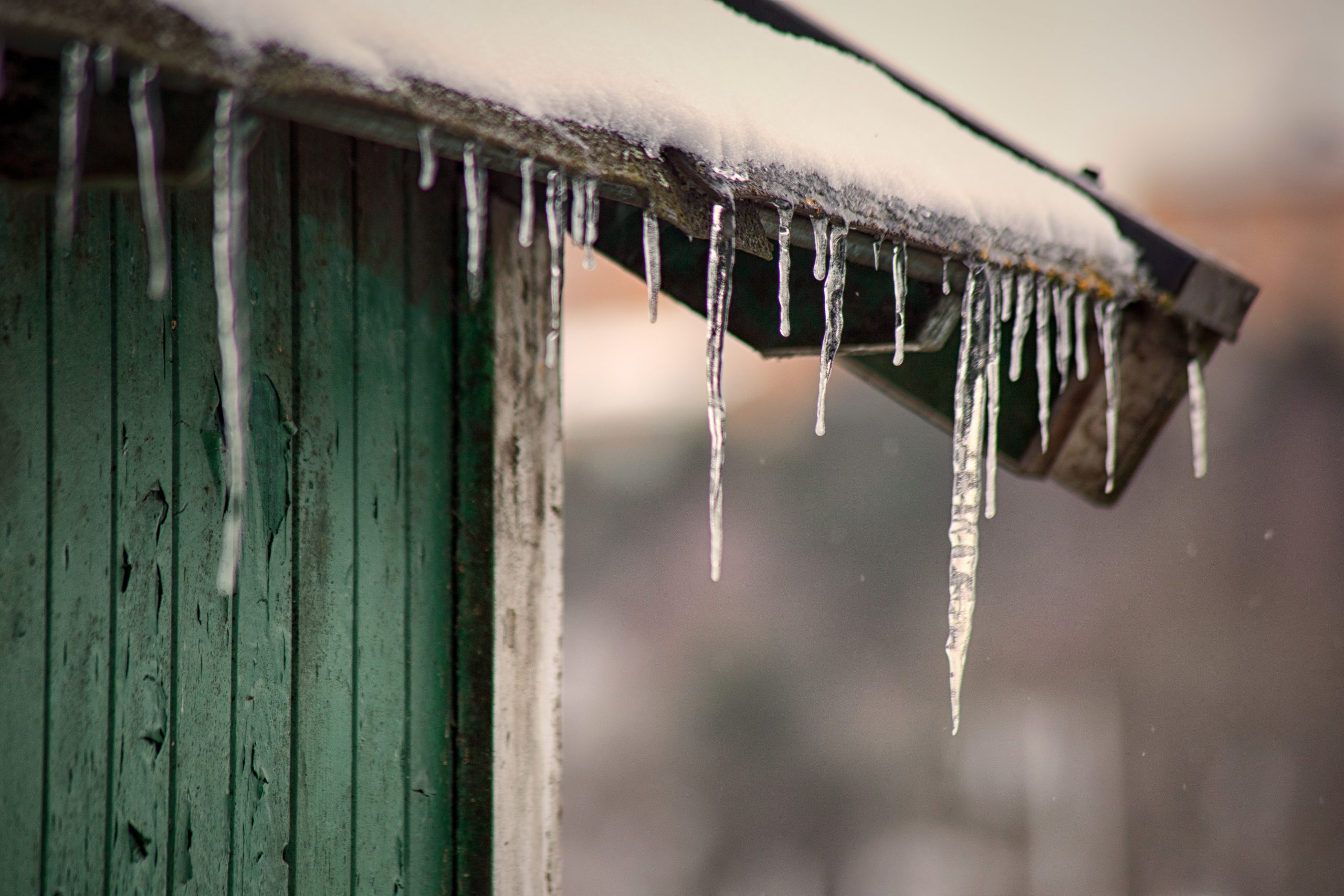House Damage from Snow
The snow is starting to melt here in Hamptons and we couldn’t be more elated. A clear sign that spring is around the corner, but danger still lurks. Melting snow on roofs, gutters, and ice dams can wreak havoc on your home (and your pocket).
Flooding is the nation’s most common — and costly — disaster; melting snow being the leading threat. Small cracks in your home’s foundation can grow over winter, causing water to flood your space and create unexpected damage from snow.
Flood Damage Prevention Tips
As we continue to weather the final weeks of winter, be proactive. Prevent leaks and flood damage by taking a few simple safety precautions:
- Clear away at least a foot of snow from around your home. As snow melts, water will inevitably seep into the construction materials of your home.
- Consistently check for cracks and leaks, and seal them immediately. Water from melting snow can seep into cracks and leak into your home.
- Make sure your gutters and downspouts are free of debris. Make a clear path for melting snow to run off your roof and away from your property. This can also help prevent ice dams if the temperature drastically drops.
- Use a roof rake and a ladder to carefully pull down any remaining snow. Many roof rakes have extension poles so you can reach high up on your roof.
- Check up on sump pump(s). Sump pumps play a critical role in ensuring basements don’t flood after prolonged rain and snowfall. If you have one, make sure it’s properly maintained and serviced.
- Perform a health check on your roof. Has it weakened from the winter? Contact a professional roofing contractor to inspect, and if necessary, make repairs. Maintain your roof to ensure no leaks could result in water damage.
Know that Dayton Ritz + Osborne Insurance is here for you when you need us. For more information on how to protect your home or to file a claim for water and flood damage, contact us.
